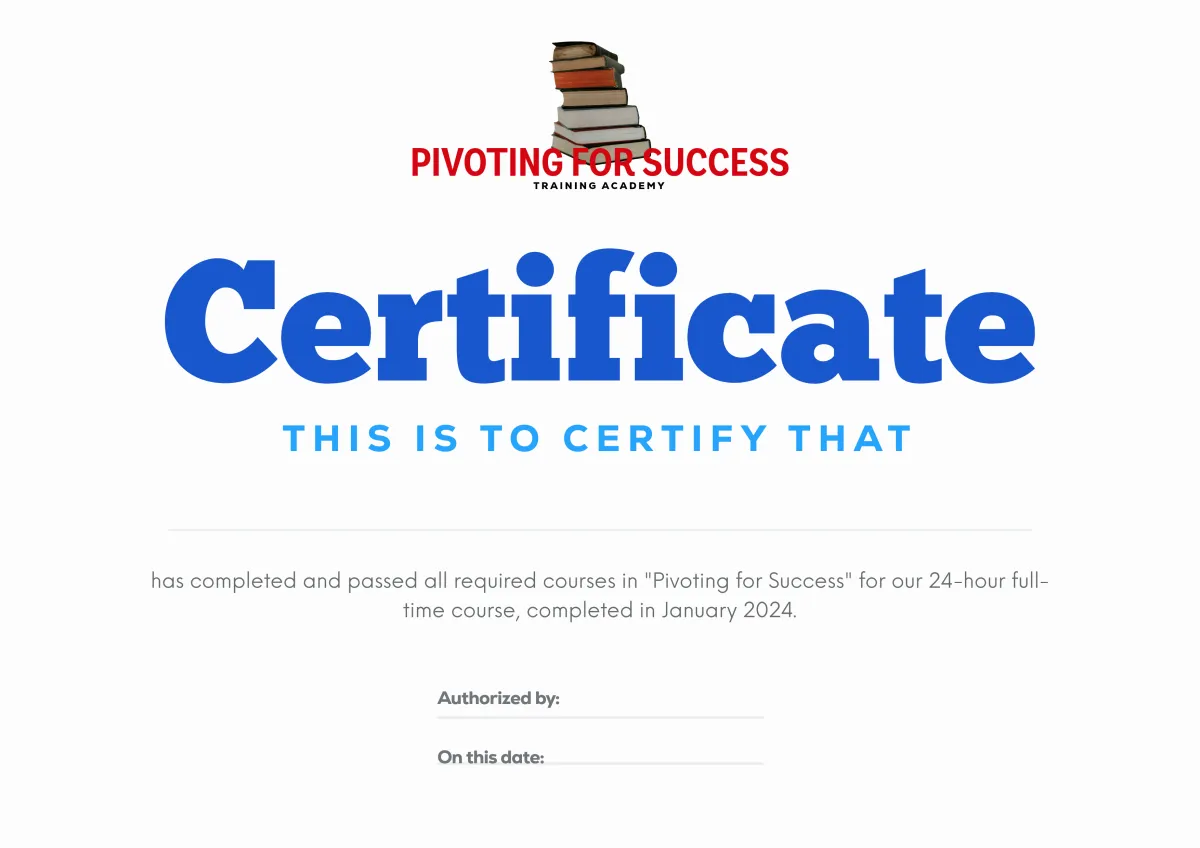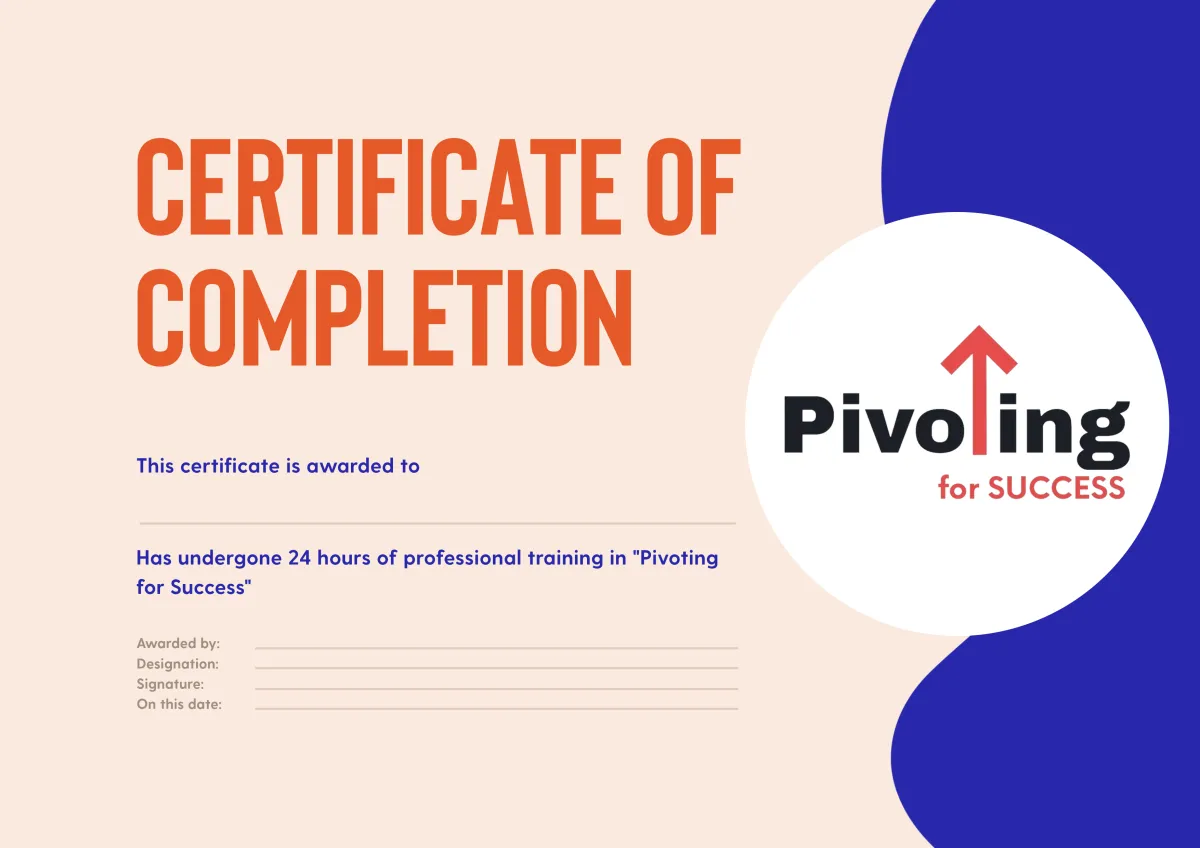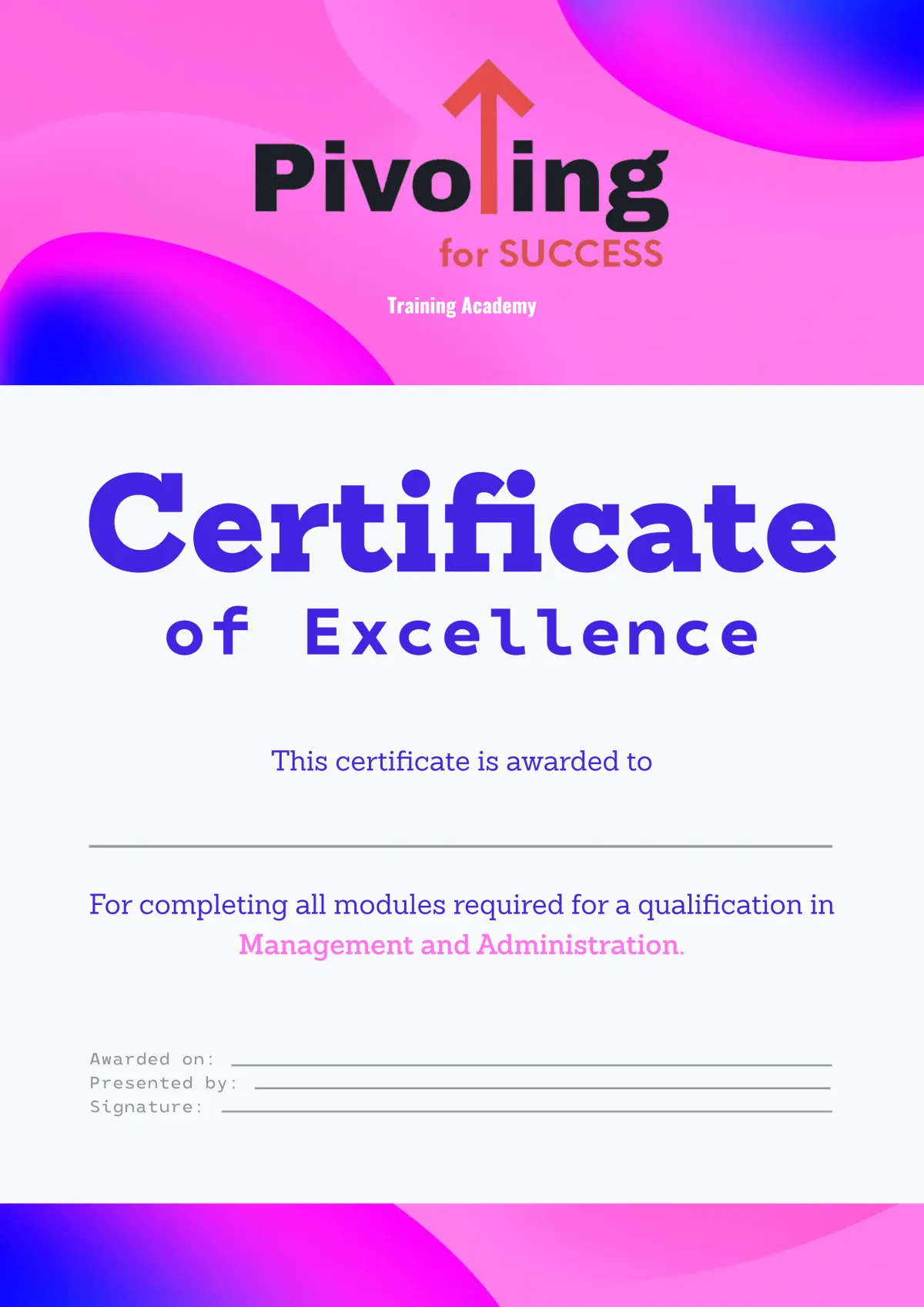

Unleashing the Power of Business Strategy
Unleashing the Power of Business Strategy
In the dynamic world of business, success is not a random outcome; it's a carefully crafted result of strategic planning, foresight, and decisive action. At its core, business strategy serves as the linchpin that guides organizations towards their goals, empowers them to adapt to change, and positions them for triumph in competitive environments. In this exploration, we uncover the transformative potential embedded within the fabric of business strategy and how it can unleash the full capabilities of an organization.
Central to any effective business strategy is a compelling vision that encapsulates the organization's purpose, values, and long-term objectives. This vision acts as a guiding beacon, aligning stakeholders around common objectives and providing a sense of direction in the face of uncertainty. By defining the destination, businesses can chart a course that informs decision-making, resource allocation, and the prioritization of initiatives.
To execute a successful business strategy, an in-depth understanding of the internal and external landscape is crucial. This involves conducting thorough market research, analyzing industry trends, and assessing competitive dynamics. Insights into customer needs, market opportunities, and potential threats enable businesses to identify strategic imperatives, tailoring their approach to capitalize on emerging opportunities while mitigating risks.
With a clear vision and landscape analysis in place, the next step is to set specific, measurable objectives and priorities aligned with the overarching strategy. Whether expanding into new markets, launching innovative products, or enhancing operational efficiency, strategic objectives provide a roadmap for action and benchmarks for success. Prioritizing initiatives based on their strategic importance ensures that organizations focus resources and efforts where they will yield the greatest return.
Execution is where the rubber meets the road in business strategy. Developing detailed action plans that outline specific initiatives, timelines, responsibilities, and key performance indicators is essential for translating strategic intent into tangible results. Effective coordination across functions, departments, and stakeholders, combined with ongoing monitoring and adjustment, ensures alignment with strategic objectives and adaptability to changing circumstances.
In today's rapidly evolving business environment, agility and innovation are paramount for staying ahead. A dynamic business strategy embraces change as a constant and fosters a culture of experimentation, learning, and adaptation. Encouraging employees to think creatively, take calculated risks, and embrace new ideas unleashes the full potential of the workforce, allowing organizations to seize opportunities for growth and innovation.
No business strategy is static; continuous performance measurement and iteration are crucial for relevance and effectiveness over time. Establishing key performance indicators (KPIs) and regularly monitoring progress against targets allow organizations to identify strengths and weaknesses, make informed adjustments, and refine their approach. This iterative process ensures alignment with changing market dynamics and strategic objectives.
In conclusion, the power of business strategy is a force multiplier in today's complex and competitive business landscape. By defining a clear vision, understanding the landscape, setting objectives and priorities, developing action plans, fostering a culture of innovation and adaptability, and continuously measuring performance and iterating, organizations can unleash their full potential, achieving sustainable growth and success. In an ever-changing world, the ability to harness the power of business strategy isn't just an advantage—it's essential for survival and prosperity.

Tools
Find your tools here; Pivoting for Success is a dynamic hub for individuals and businesses navigating change. Our mission is to empower you with the knowledge, inspiration, and strategies you need to pivot with purpose and embrace the opportunities that change brings.

Unleashing the Power of Business Strategy
Unleashing the Power of Business Strategy
In the dynamic world of business, success is not a random outcome; it's a carefully crafted result of strategic planning, foresight, and decisive action. At its core, business strategy serves as the linchpin that guides organizations towards their goals, empowers them to adapt to change, and positions them for triumph in competitive environments. In this exploration, we uncover the transformative potential embedded within the fabric of business strategy and how it can unleash the full capabilities of an organization.
Central to any effective business strategy is a compelling vision that encapsulates the organization's purpose, values, and long-term objectives. This vision acts as a guiding beacon, aligning stakeholders around common objectives and providing a sense of direction in the face of uncertainty. By defining the destination, businesses can chart a course that informs decision-making, resource allocation, and the prioritization of initiatives.
To execute a successful business strategy, an in-depth understanding of the internal and external landscape is crucial. This involves conducting thorough market research, analyzing industry trends, and assessing competitive dynamics. Insights into customer needs, market opportunities, and potential threats enable businesses to identify strategic imperatives, tailoring their approach to capitalize on emerging opportunities while mitigating risks.
With a clear vision and landscape analysis in place, the next step is to set specific, measurable objectives and priorities aligned with the overarching strategy. Whether expanding into new markets, launching innovative products, or enhancing operational efficiency, strategic objectives provide a roadmap for action and benchmarks for success. Prioritizing initiatives based on their strategic importance ensures that organizations focus resources and efforts where they will yield the greatest return.
Execution is where the rubber meets the road in business strategy. Developing detailed action plans that outline specific initiatives, timelines, responsibilities, and key performance indicators is essential for translating strategic intent into tangible results. Effective coordination across functions, departments, and stakeholders, combined with ongoing monitoring and adjustment, ensures alignment with strategic objectives and adaptability to changing circumstances.
In today's rapidly evolving business environment, agility and innovation are paramount for staying ahead. A dynamic business strategy embraces change as a constant and fosters a culture of experimentation, learning, and adaptation. Encouraging employees to think creatively, take calculated risks, and embrace new ideas unleashes the full potential of the workforce, allowing organizations to seize opportunities for growth and innovation.
No business strategy is static; continuous performance measurement and iteration are crucial for relevance and effectiveness over time. Establishing key performance indicators (KPIs) and regularly monitoring progress against targets allow organizations to identify strengths and weaknesses, make informed adjustments, and refine their approach. This iterative process ensures alignment with changing market dynamics and strategic objectives.
In conclusion, the power of business strategy is a force multiplier in today's complex and competitive business landscape. By defining a clear vision, understanding the landscape, setting objectives and priorities, developing action plans, fostering a culture of innovation and adaptability, and continuously measuring performance and iterating, organizations can unleash their full potential, achieving sustainable growth and success. In an ever-changing world, the ability to harness the power of business strategy isn't just an advantage—it's essential for survival and prosperity.

Featured Courses and Events
Coming soon.
Features Courses and Events
Coming soon.
FAQS
What is the role of a business management consultant?
A business management consultant is an expert who offers specialized guidance to organizations seeking to improve their performance, operations, and overall efficiency. Consultants analyze current processes, identify areas for improvement, and provide strategic recommendations to enhance productivity, achieve growth, and navigate challenges effectively.
When should a company consider hiring a business management consultant?
Companies should consider hiring a business management consultant when they encounter challenges that require specialized expertise, or when they aim to streamline operations, implement strategic changes, or accelerate growth. Consultants are especially valuable during periods of transition, such as entering new markets, undergoing organizational restructuring, or addressing declining performance.
How does a business management consultant tailor their approach to each client's needs?
Business management consultants tailor their approach by first gaining a deep understanding of the client's industry, goals, and challenges. They collaborate closely with the client's team to assess existing processes, gather insights, and identify pain points. With this information, consultants develop customized strategies and action plans that align with the client's unique needs, ensuring a tailored solution that addresses their specific challenges and maximizes opportunities.
Pivoting for Success. 2025 All Rights Reserved.







